How and how to feed strawberries after fruiting?
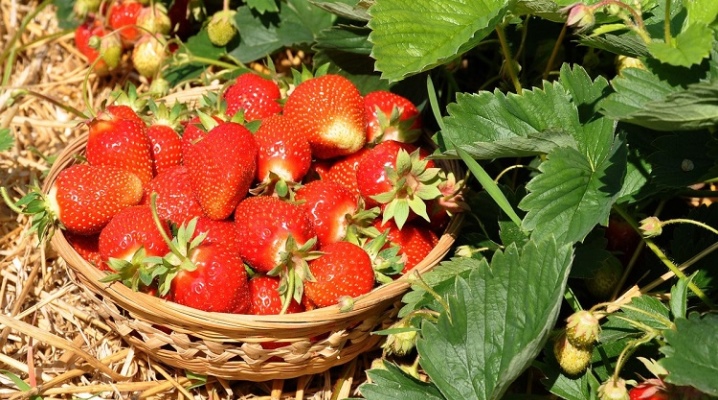
One of the secrets of harvesting a large strawberry crop is the correct feeding. Fertilizing the berry is recommended after fruiting. The main thing is to do it right.
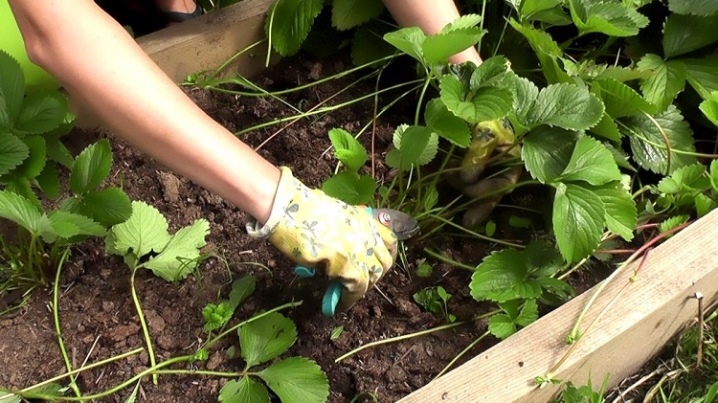
Basic feeding rules
If you do not know how to feed strawberries in July, use the recommendations of experienced gardeners. Top dressing should be applied after picking berries. In summer, the plant needs fertilization no less than in autumn - this is the key to a good harvest in the future. Early fertilization should be avoided; this approach leads to the fact that all useful components are depleted before the arrival of cold weather. It is best to fertilize garden strawberries in August. The first fertilization should be moderate. Doing this at the beginning of the last month of summer, you can provide the berry with a supply of nutrients for a long time.
The timing and amount of fertilizers applied largely depend on the variety. For most varieties, late August - early fall is ideal. Reconditioned strawberries yield until the frost. When growing exotic varieties, the timing of fertilizing the soil should be clarified. Sellers of seedlings will be happy to share this information. Fruiting bushes are processed in two stages. On the first one, one top dressing is used, on the second, fertilization is combined with pruning. The interval between stages is 1.5 months.
There is nothing difficult in caring for strawberries, while a high yield is guaranteed. After fertilization, the plant is watered without fail. The processing of new seedlings, which are planted in the fall, is carried out according to a slightly different scheme. The ingredient is humus or compost. For 1 sq. m. you need about 3 kg of raw materials. Superphosphate with calcium is added to the compost in a small amount. The mixture is added a little to the holes, planting strawberry bushes on top and sprinkling with soil.
The soil must be mulched.
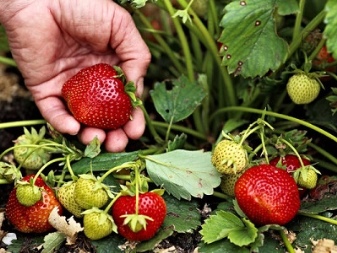
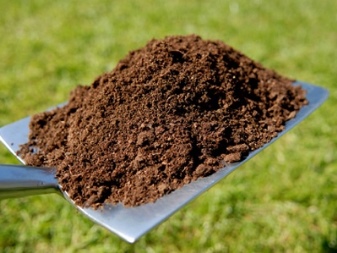
Fertilizer overview
You can feed strawberries after fruiting with organic and mineral compounds. Each type of horticultural crops needs certain nutrients, so you need to choose fertilizers responsibly. The wrong approach is fraught with a deterioration in the condition of the plants.
Mineral compositions
When organic fertilizers are not at hand, it is worth using mineral formulations. Chemical industry drugs are no less effective. Any mixture containing potassium and phosphorus is suitable for strawberries. They are produced in granular form and in powders. For 1 sq. m. requires 50 g of the mixture. After that, they start mulching the soil using sawdust or foliage. Top dressing can be combined. To strengthen the mullein, in addition to ash, superphosphate is used. Mixed formulations are difficult to prepare. The resulting mixture, which includes ash, potassium sulfate and nitroammofosk, should have a uniform consistency and resemble sour cream in density. One bush requires about 500 ml of slurry. The list of the most popular fertilizers ideal for strawberries includes Hera.
This is a mixture of a domestic manufacturer, it contains nitrogen and potassium with phosphorus. Potassium humate is used for strengthening. Top dressing can be used after picking berries and at the stage of preparation for planting, as well as during the flowering period.Correct application of the mixture in compliance with the dosage recommended by the manufacturer helps to increase the winter hardiness of the garden culture, accelerates the formation of strong fruit buds. One bush requires up to 15 g. For one square. m. of area leaves about 30 g. Another popular mineral fertilizer used in the care of strawberries - Polish-made Florovit. At the stage of its creation, the nutritional needs of strawberries were taken into account. In addition to the main minerals, it contains zinc, boron, molybdenum, manganese and copper. Florovit is perfect for preparing beds, it is used to increase yields and to prepare for winter.
For 1 sq. m requires 10 g. Azofoska and "Mag-Bora" saturate garden strawberries with magnesium, phosphorus and nitrogen. Fertilizer is applied 14–20 days after picking berries or at the beginning of autumn. To prepare the composition, 50 g of Azofoska is mixed with 10 g of "Mag-Bora". Apply in the same way as Florovit. A good effect is given by the combination of potassium salt with nitrophos in a proportion of 20 g to 30 g. To feed the garden strawberries, the specified amount of minerals is dissolved in 10 liters of liquid. The resulting mixture is treated with the space between the beds.
It is recommended to do this early in the morning when the ground is wet with dew and there is no danger of sunburn.
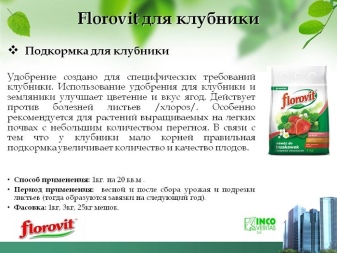
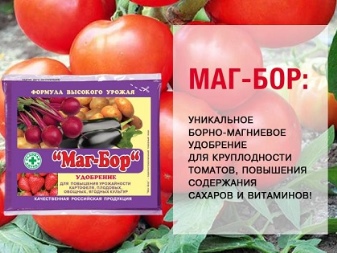
Organic
Strawberries love organic fertilizers. To benefit her, gardeners mow the lupine and place it between the rows. In some cases, legumes are used, cutting them off immediately after flowering. Even nettles can serve as a fertilizer. It is placed in warm water and infused for several days, then irrigated with a mixture of the garden bed. Garden strawberries perfectly accept different types of manure. In large farms, mullein is used. It is prepared on the basis of water and cow dung in a ratio of 1:10. The mixture must be infused for several days. To reduce its aggressiveness, some wood ash is included in the composition. If there are small animals on the farm, their waste is also used.
Manure is diluted with water in a ratio of 1: 8. In consistency, it should resemble thick sour cream. Animal waste is also used in its pure form. Such manure is too caustic, so it is sprinkled exclusively between the beds. Bird droppings have a good effect on strawberries. It is unacceptable to use fresh chicken manure: it is too caustic. It must be diluted with water. Then gently watered the space between the beds, making sure that the mixture does not get on the leaves.
Another effective organic fertilizer is wood ash. Before use, it must be sieved, large particles removed. For 1 sq. m. 150 g of powder is required. It is important that it covers the soil in an even layer. Garden strawberries receive nitrogen from this natural fertilizer, so it is used after harvesting berries. Wood ash should be introduced no later than the end of summer in southern latitudes, in the middle zone of the Russian Federation - no later than August 1. Preparation of top dressing is carried out according to the scheme.
Fresh grass (it can be nettles, dandelions) is placed in a container, filling it on? The barrel is filled with water to the very top and covered with a film that prevents air from entering. The mixture is infused for 3-7 days - the time depends on weather conditions. It must be stirred once a day. As an additional component, you can use wood ash - 200 g per 10 liters of liquid. One strawberry bush requires 400 ml of the mixture. Top dressing is best applied after irrigation in the morning or evening.
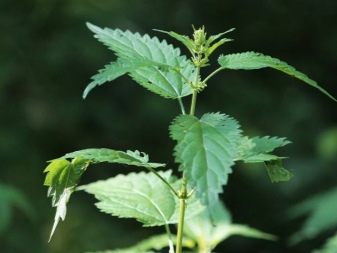
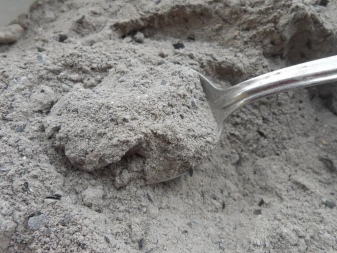
Folk remedies
Adding mixtures prepared in accordance with folk recipes has a positive effect on garden strawberries. Two tablespoons of ammonia are mixed with a glass of ash and diluted in a bucket of liquid. The composition prepared on the basis of 0.5 teaspoon of iodine and 0.5 liter of whey also works perfectly.You can dissolve a pack of dry yeast in 3 liters of warm water, add a small amount of sugar and let it brew for 3-5 hours. Dilute with water in a ratio of 1:10 and pour over strawberries.
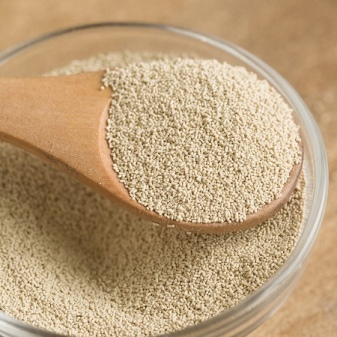
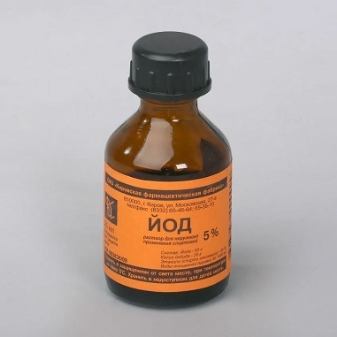
Recommendations
Every experienced gardener has their own secrets to getting a large harvest of garden strawberries.
- Organic dressings with a liquid consistency are not recommended for use after the end of September. It is pointless to use them in cold weather.
- In the autumn, it is better to do without nitrogenous fertilizing. They stimulate the growth of foliage, interfering with the preparation for winter. When the greens appear in early spring, the strawberries freeze.
- If pests or diseases are found, garden strawberries must be cured. Lowering the temperature will not solve the problem, but will only exacerbate it.
- Do not neglect tillage, loosen the soil after fertilization.
- Do not cover strawberry bushes until the first frost - this is fraught with rotting soil, creates conditions for the appearance of fungus and mold.
Fertilizing after harvesting increases the winter hardiness of garden strawberries. Whatever option the summer resident gives preference to feeding, it is necessary to monitor the condition of the plant in order to timely notice the need for strawberries for useful elements.
An experienced gardener can tell a lot about the condition of the leaves, their color and the size of the plants. In some cases, it is useful to deviate from the standard rules and apply fertilizing more often, and garden strawberries will certainly thank you with a good harvest.
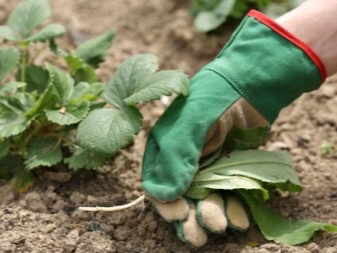
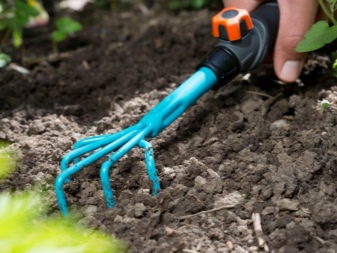
For information on what and how to feed strawberries after fruiting, see the next video.













The comment was sent successfully.